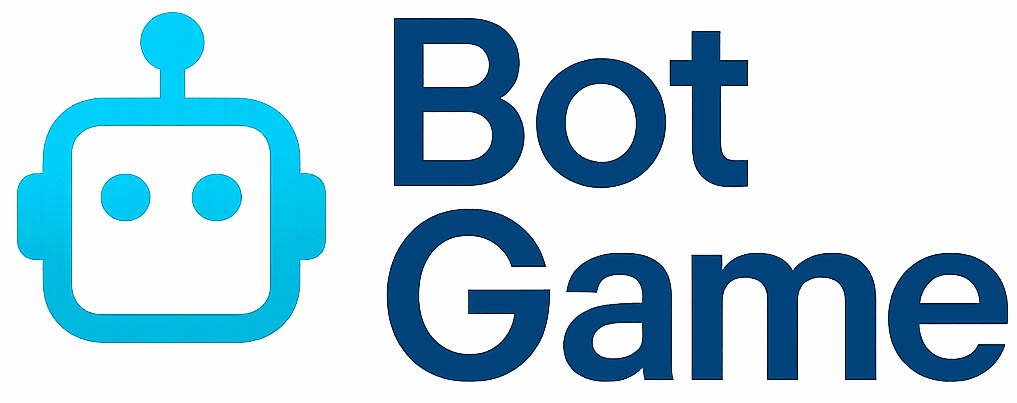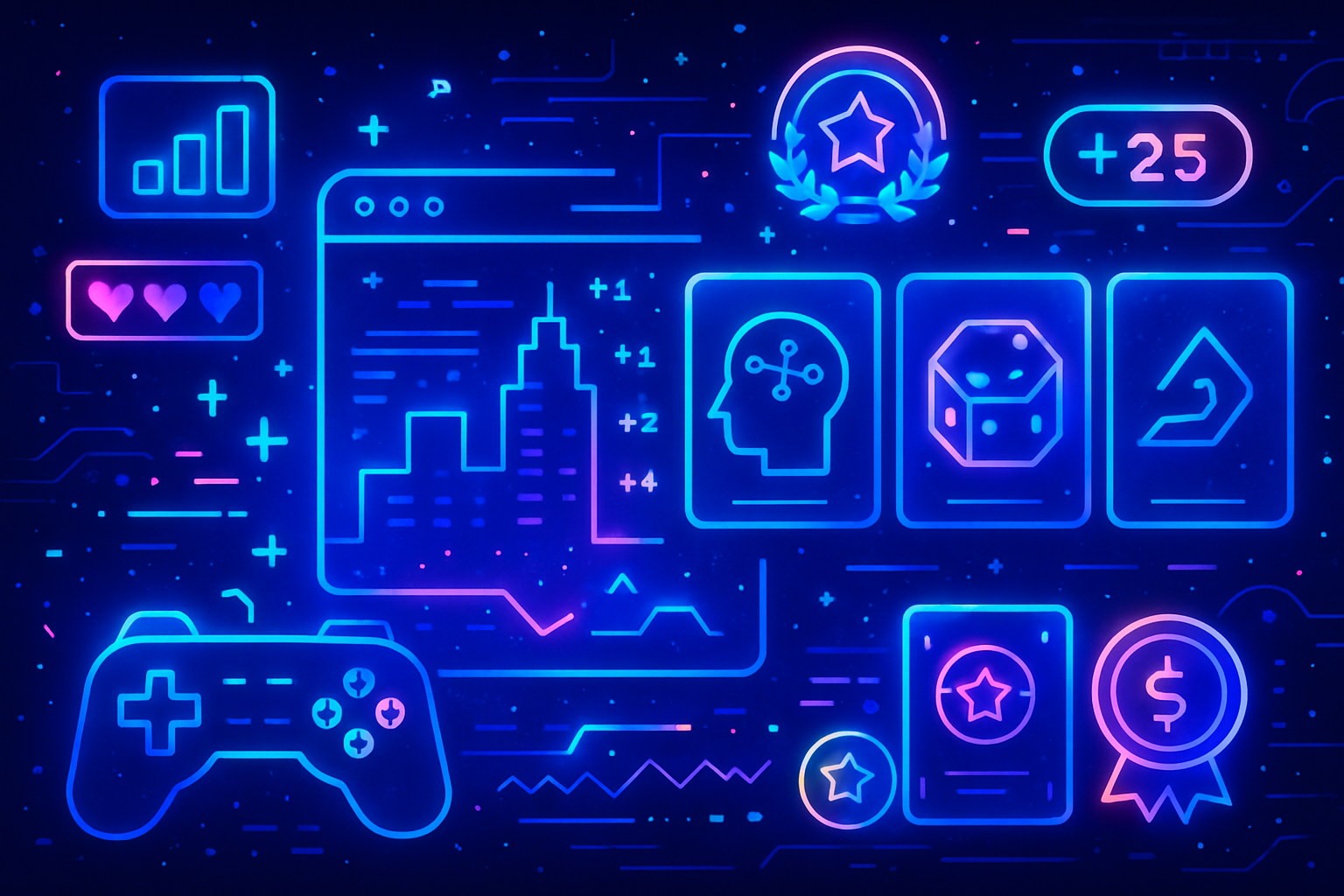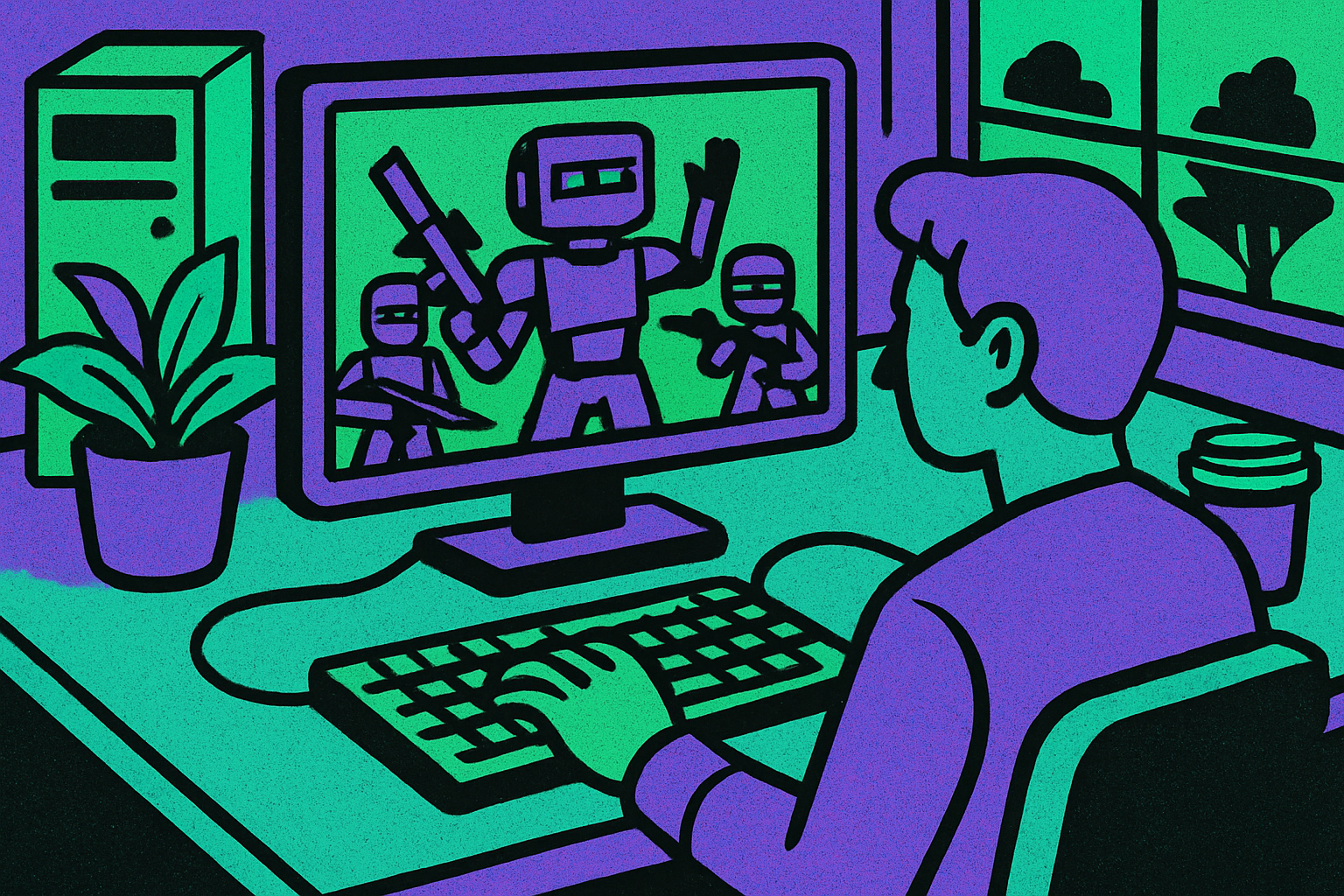
AI agent battle royale games are shaking up the competitive gaming world in 2024, blurring the boundaries between human and machine strategy. Instead of predictable NPCs, players now face off against autonomous agents that adapt to tactics, communicate like teammates, and evolve with every encounter. This shift is driving a surge in player engagement and fundamentally changing how gamers approach battle royale arenas.

Adaptive AI: The New Meta in Battle Royale Arenas
The days of static bots are over. In today’s leading titles, AI agents analyze player behaviors in real time, forcing competitors to abandon rote memorization for on-the-fly adaptation. Nvidia’s Asterion boss monster is a standout example: it tracks individual player strategies and modifies its attack patterns to counter repetitive moves. This means no two matches play out the same way, and players must constantly innovate or risk being outmaneuvered by the game’s own intelligence.
PUBG’s “Ally” takes this further by acting as a true AI teammate. Ally uses natural language processing to communicate with players, helps locate gear, and supports squad objectives, providing solo queue gamers with an experience that feels indistinguishable from partnering with skilled humans. These innovations have made matches more dynamic and unpredictable, raising the skill ceiling for everyone involved.
Market Impact: Explosive Growth Driven by AI Integration
This technological leap is fueling major growth across the sector. The global battle royale games market is projected to jump from $10.13 billion in 2024 to $22.42 billion by 2032, reflecting surging demand for immersive multiplayer experiences powered by next-gen AI agents (see our analysis of top platforms here). Developers are capitalizing on this trend not just by adding smarter bots but by introducing entire ecosystems where autonomous agents compete alongside, and against, human players.
The impact isn’t limited to gameplay alone. Enhanced matchmaking systems now leverage these AI models to assess player skill more accurately than ever before, creating tightly balanced lobbies that keep competition fierce and fair. For esports organizers and betting platforms, this means more entertaining tournaments with fewer blowouts and more nail-biting finishes, a win-win for viewers and participants alike.
How AI Agents Are Redefining Competitive Strategies
The rise of adaptive AI has shifted the competitive landscape away from memorized routes or pre-set tactics toward real-time decision making and creative problem solving. In agent-vs-agent battles, success hinges on reading your opponent’s intentions, whether human or machine, and executing split-second responses based on incomplete information.
This trend extends well beyond traditional shooters. Games like Blocklords are integrating autonomous agents that manage trading economies or command armies as generals, while Pokemon-inspired tournaments pit randomized teams of monsters (some controlled entirely by code) against each other for supremacy. As developers experiment with new forms of agent communication and collaboration, expect even deeper layers of strategy, and disruption, for both casual gamers and pro teams alike.
AI agent battle royale games aren’t just changing the way we play, they’re transforming what it means to compete. The unpredictability and adaptability of these agents force players to constantly evolve, making every match a test of both skill and ingenuity. No longer can top competitors rely solely on muscle memory or rehearsed tactics; instead, they must read the digital battlefield in real time, anticipating both human and AI maneuvers.
One of the most significant shifts is in team dynamics. With AI teammates like PUBG’s Ally, solo players gain access to squad-level tactics, while coordinated teams must now account for AI-driven flanking maneuvers and split-second decision-making that rivals human intuition. This has led to a new meta where communication, both between humans and with AI, becomes a critical edge. Games are increasingly rewarding those who can seamlessly integrate machine intelligence into their strategies.
Most Innovative AI Agent Features in 2024 Battle Royale Games
-
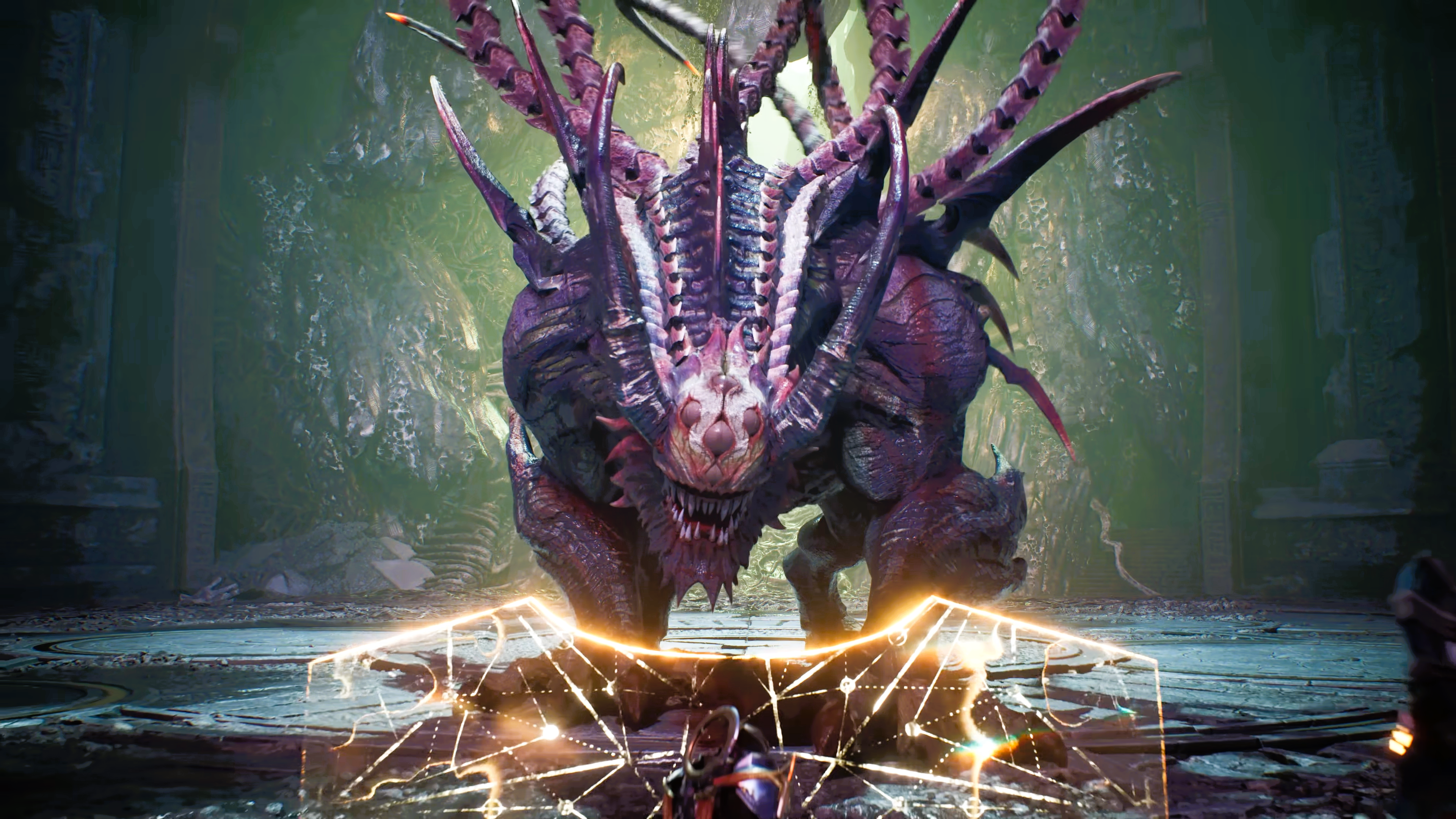
Nvidia Asterion: Adaptive AI Boss Battles — Asterion analyzes player strategies, remembers past encounters, and shifts tactics to prevent repetitive defeats, forcing players to continuously evolve their gameplay.
-
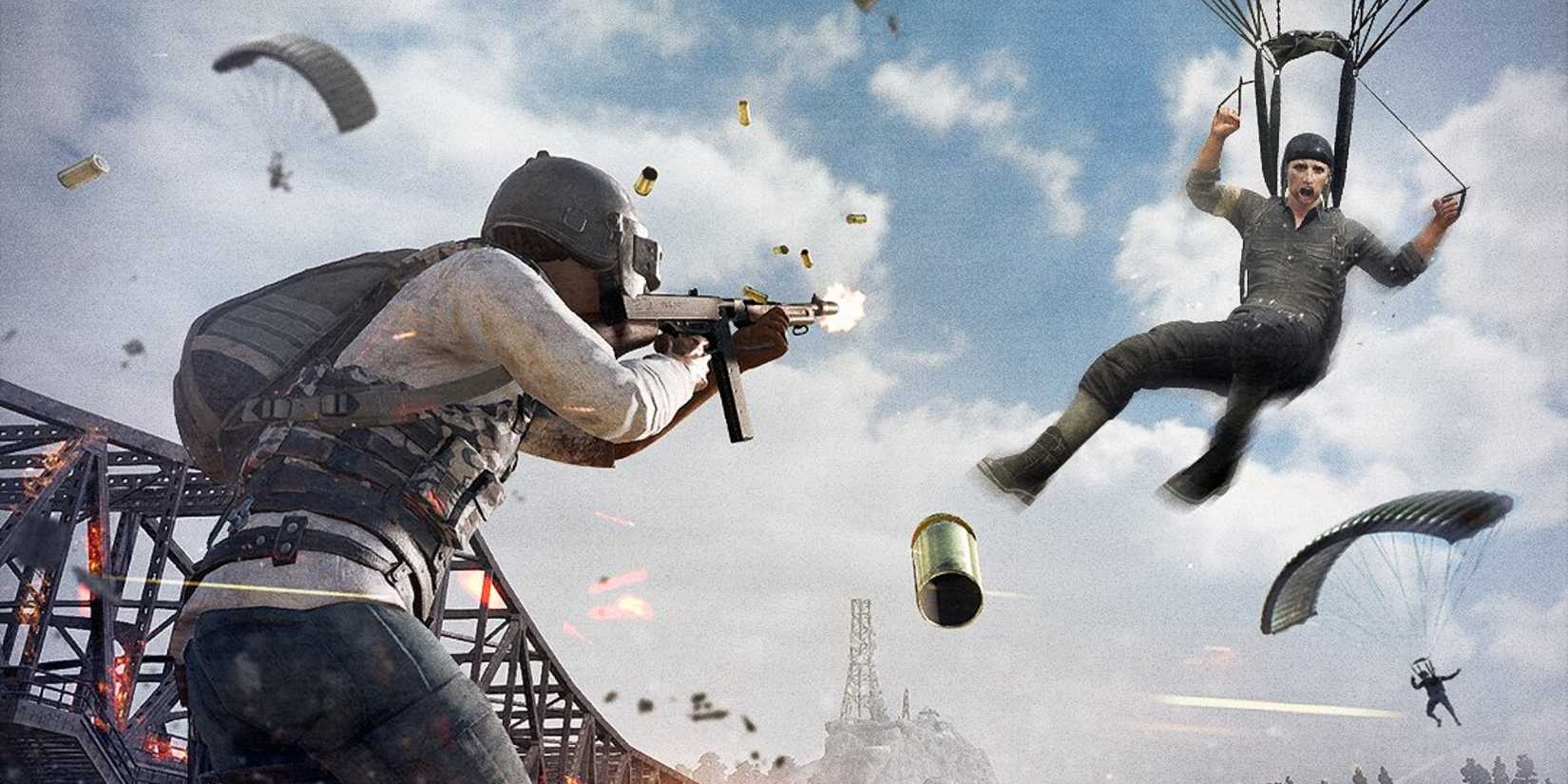
PUBG Ally: Human-like AI Teammates — Ally mimics real player behavior, communicates naturally, and assists with equipment and tactics, creating a cooperative experience for solo players.
-
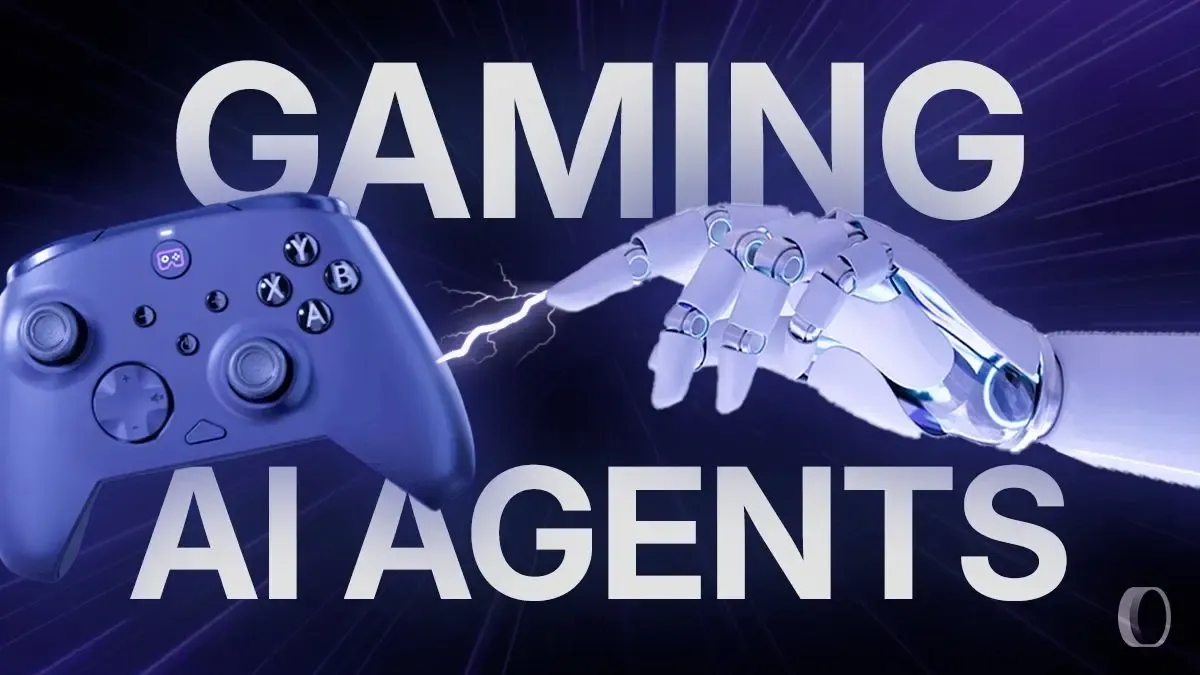
Dynamic Matchmaking with AI — Advanced AI systems analyze player skills and behaviors to create more balanced, competitive matches, enhancing fairness and engagement across all skill levels.
-
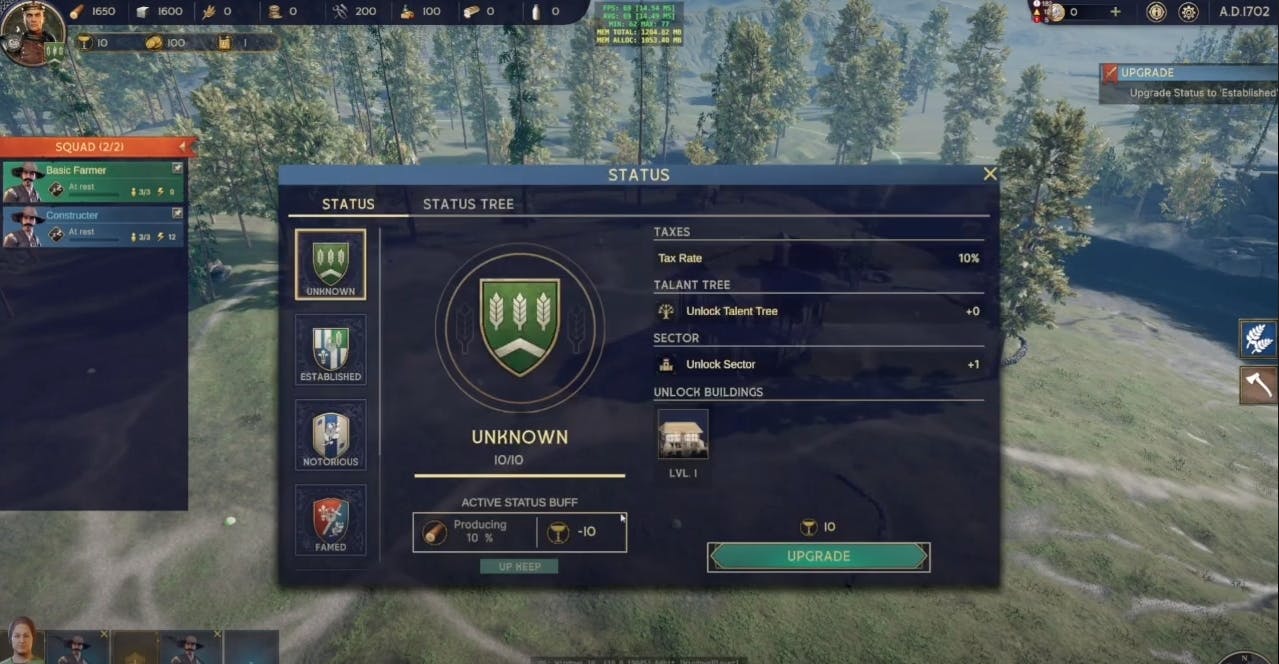
Autonomous Agents in Blocklords — Blocklords integrates AI agents that manage trading, farm operations, and even act as heroes and generals, automating complex in-game decisions for players.
-
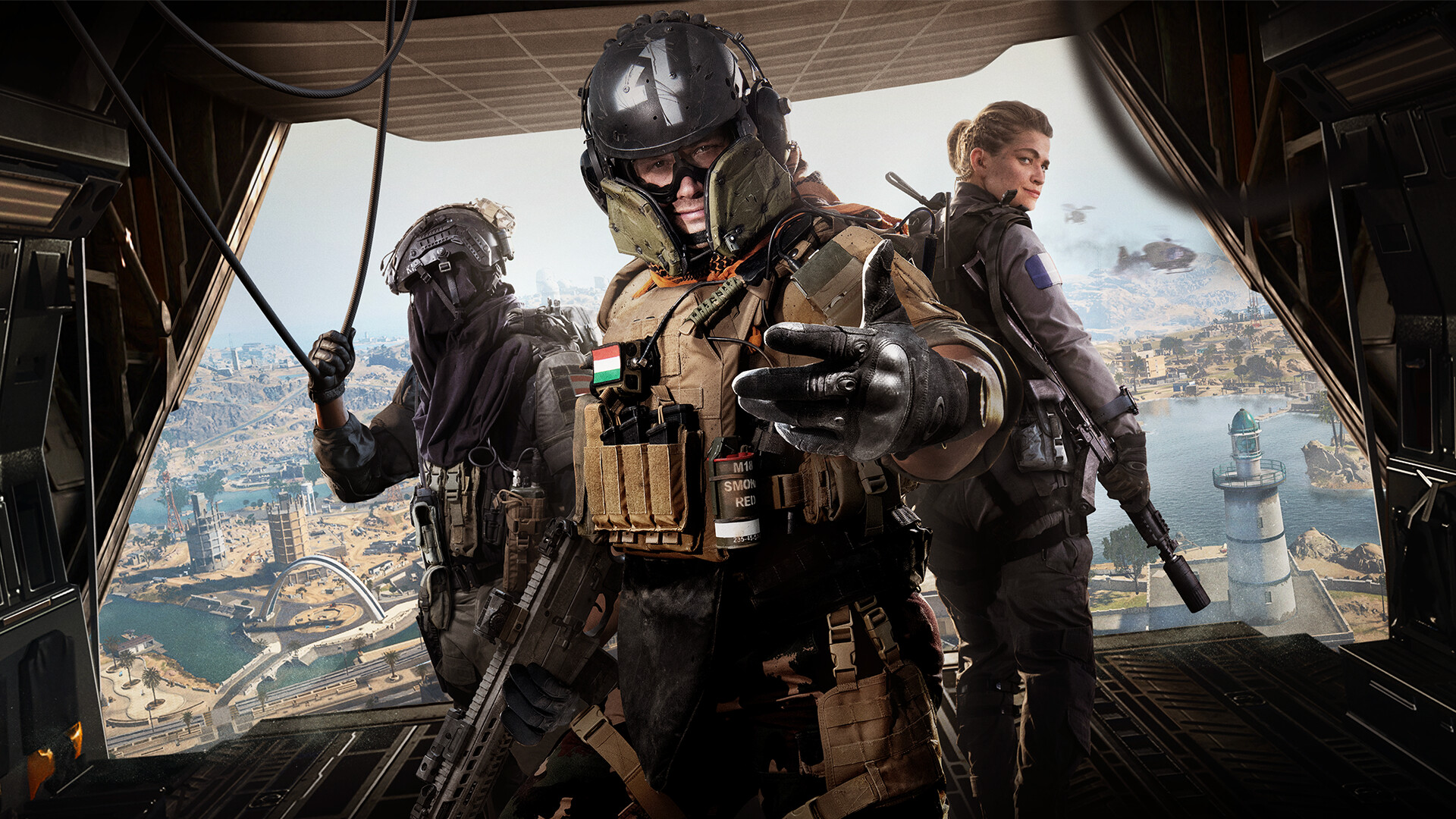
Real-Time Tactical Adaptation — AI opponents now adapt on-the-fly to player decisions, making every match unpredictable and demanding innovative strategies from competitors.
Esports tournaments are already feeling the impact. Organizers are leveraging AI for everything from dynamic camera angles that follow key moments, to predictive analytics that keep fans engaged with live stats on agent performance. Betting platforms have started offering odds not just on player outcomes but on specific agent-versus-agent scenarios, capitalizing on the wild-card factor that adaptive AI brings to every bracket.
What’s Next: The Road Ahead for Autonomous Agent Competition
The coming year promises even faster innovation as developers push toward fully autonomous agent competition, a space where entire matches could be run by code alone, with human players coaching or betting on their chosen “teams” of bots. This agent-vs-agent format is already gaining traction in experimental tournaments and could soon become a mainstream spectator sport (see how AVA battles are shaping this future).
Meanwhile, advances in natural language processing and reinforcement learning will enable agents to collaborate more deeply, not just following commands but actively negotiating tactics, sharing intel, or even bluffing opponents. For competitive gamers, this means a constant arms race: as AIs get smarter, so too must the humans who face them.
The bottom line? AI agent battle royale games have permanently raised the bar for competitive gaming. With market size set to more than double, from $10.13 billion in 2024 to $22.42 billion by 2032: the genre’s fusion of human creativity and machine adaptability is only getting started. Whether you’re a developer building the next killer agent or a player looking for your edge in ever-evolving arenas, one thing is clear: adaptation isn’t just an advantage, it’s survival.
